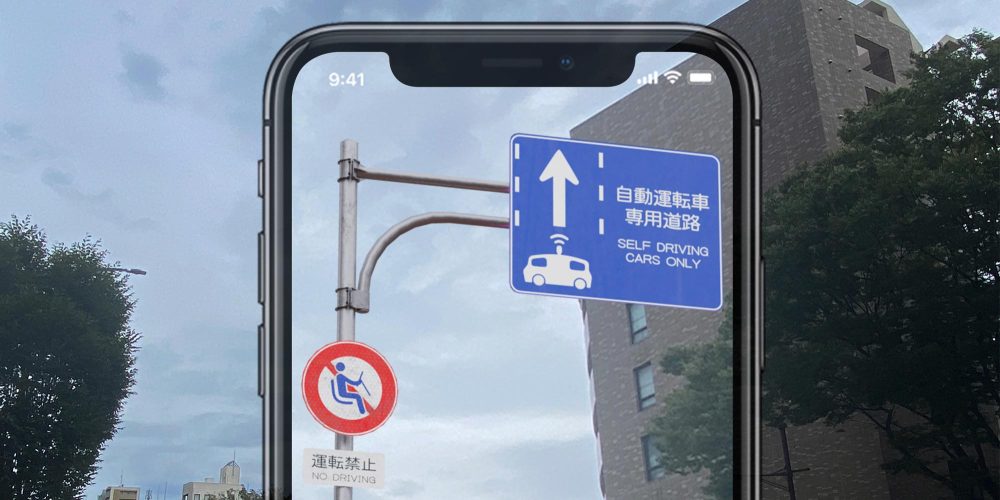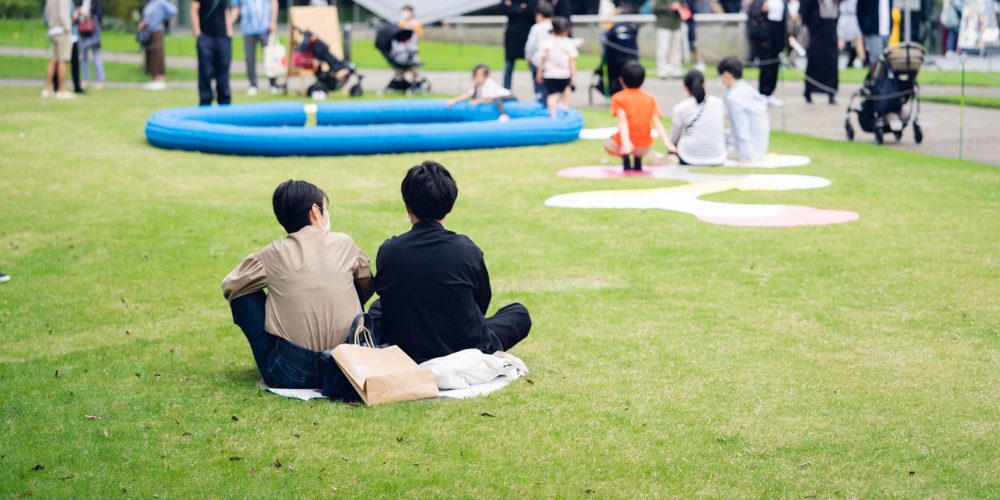
Digital Communities
-

Cutting Edge: Hands-on drone art
In this issue, Horst Hörtner presents a project that shows how art, technology, and participation can come together: the Klangwolke 2012, in which swarms of drones were used for the first time and thousands of people became part of the production.
-
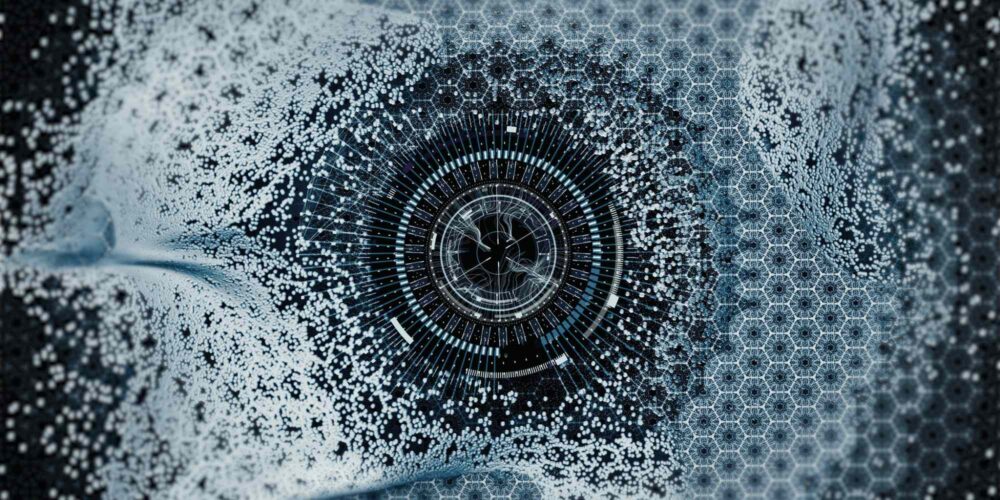
The question of truth
Digitization is not only changing our definition of truth, but also the question of what ownership means in today’s digital world.
-

Fakes, conspiracies & the role of AI systems
In addition to the question “Who Owns the Truth?”, this year’s Ars Electronica Festival also deals with topics such as fake news, manipulated reporting and AI systems
-
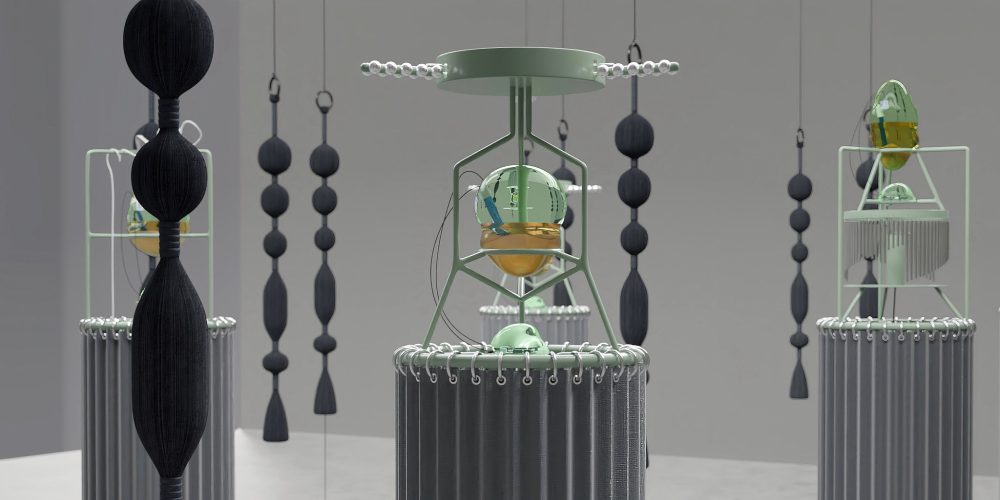
A parallel (r)evolution — Digital Art in Latin America
Contemporary Latin-American Art combined with technology: The CIFO-Ars Electronica Awards offer a new perspective on media art and tackling global challenges.
-
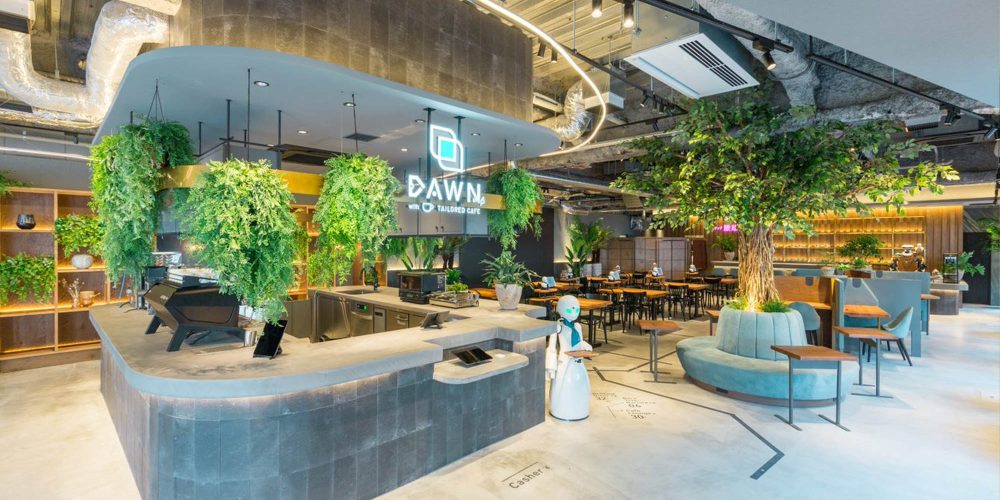
The slightly different café
This year, the Golden Nica in the Digital Communities category goes to Ory Yoshifuji, Co-founder CEO, Ory Laboratory Inc. for his project Avatar Robot Cafe DAWN ver.β.
-
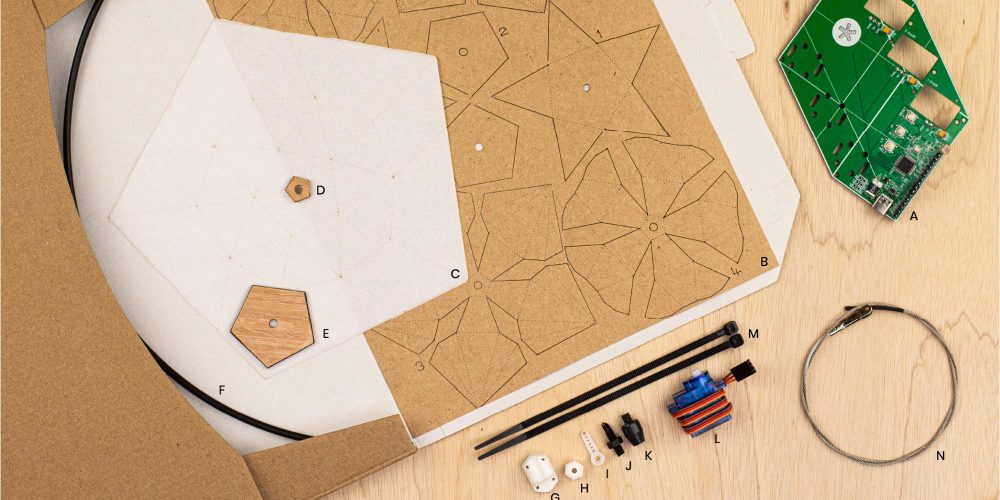
ORIBOKIT™ How to build robotic origami
With Oribokit™, a DIY kit for origami robots, Matthew Gardiner aims to collectively cross the boundaries between art and science towards the future.
-
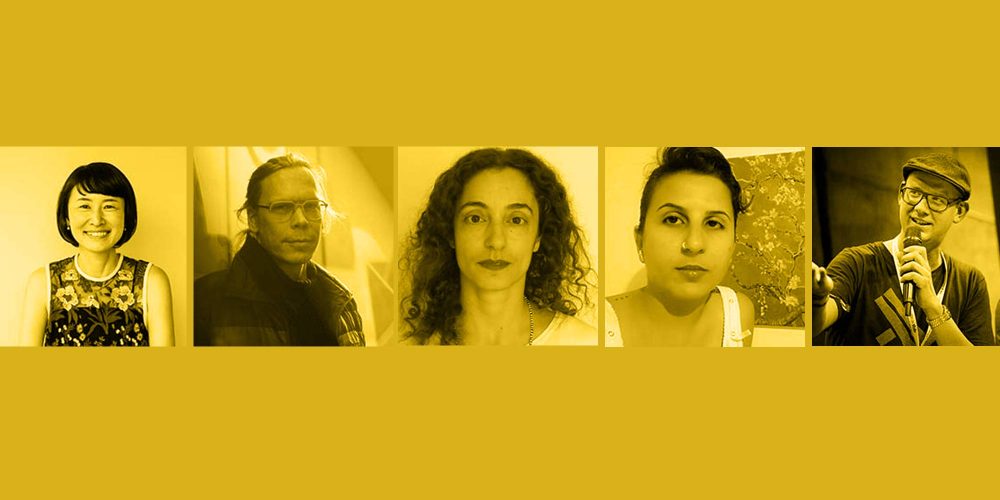
The Prix Ars Electronica Jury 2020: Digital Communities
Joint action and the digital exchange of information are right at the heart of the “Digital Communities” – one of the four categories of the 2020 Prix Ars Electronica. We present this year’s jury.
-

Refugee Camps as Proving Grounds for New Technologies: Ariana Dongus
At the Ars Electronica Festival Theme Symposium on September 7, 2018, author Ariana Dongus will talk about how the UNHCR’s refugee camps are becoming test labs for collecting biometric data. In this interview, she discusses biometrics, responsibility and immaterial labor.
-
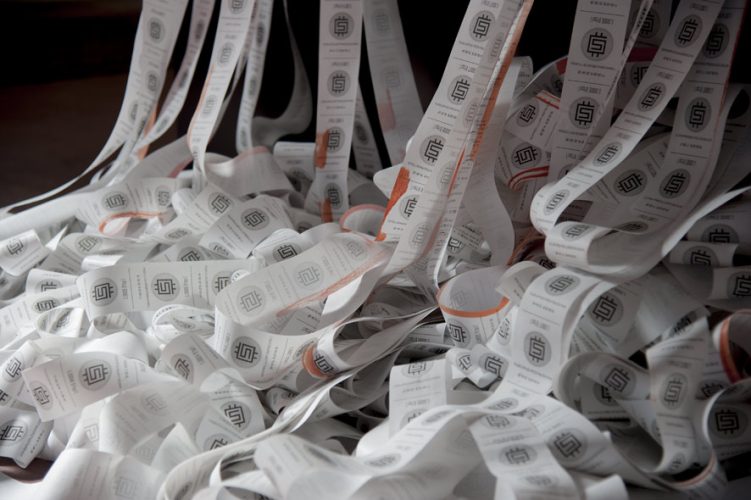
BitSoil: My Data, your Profits? No, thank you!
Every click and every post on the Internet generates data. The Digital Economy is making billions with our actions on the web and concentrating these profits in the hands of a few. A completely unsatisfactory situation, say LarbitsSisters and initiated the BitSoil Popup Tax & Hack Campaign.
-
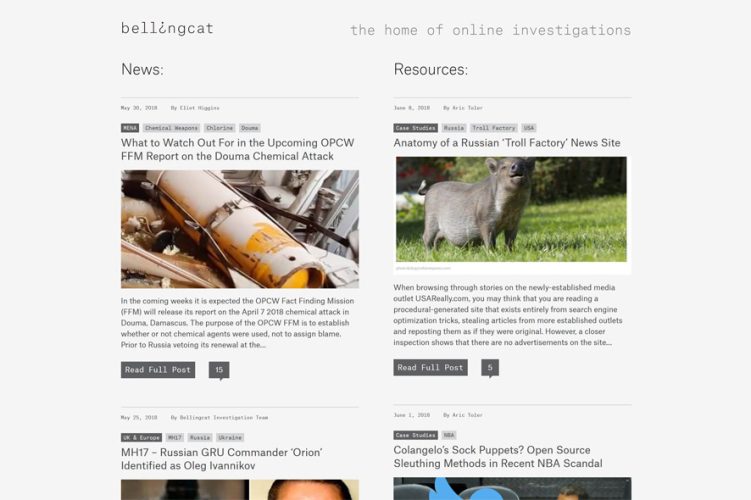
Bellingcat: Looking for Traces in the Digital Environment
On the online platform Bellingcat, citizen journalists are looking for the “echoes and ripples” in the digital environment when events like the MH17 incident or war crimes like those in Syria become known. The founder of Bellingcat, Eliot Higgins, talks in an interview about the project, which was recently awarded the Golden Nica, and gives…
-
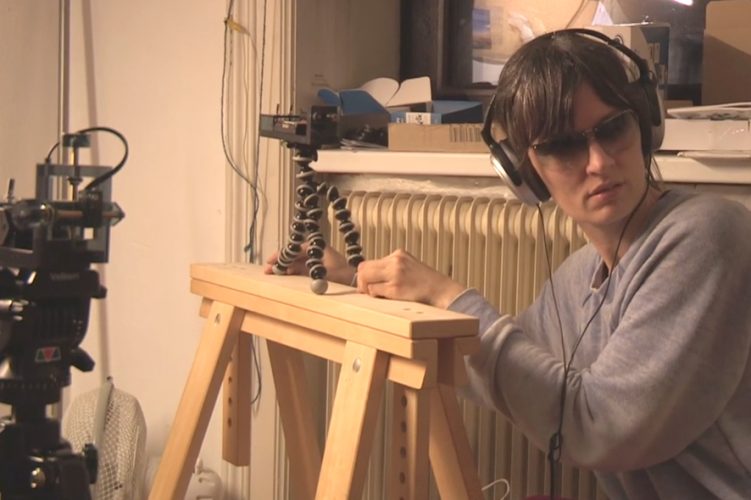
Resistance from Below
Chrystal Tesla is an average citizen whose homemade devices enable her to successfully fend off the incessant incursions of surveillance technology. This scenario created by artist Kathrin Stumreich and entitled “What would Ted Kaczynski’s daughter do?” has been honored by the City of Linz with the Marianne.von.Willemer.2016 Prize.
-

P2P Foundation: Concentrated Knowledge for All
Who has access to knowledge and information online? Who controls this exchange and who can profit from it? These issues of decisive importance to our digital future are the P2P Foundation’s bread and butter. In recognition of their committed work, the non-profit organization is this year’s recipient of the Golden Nica in the Prix Ars…
-
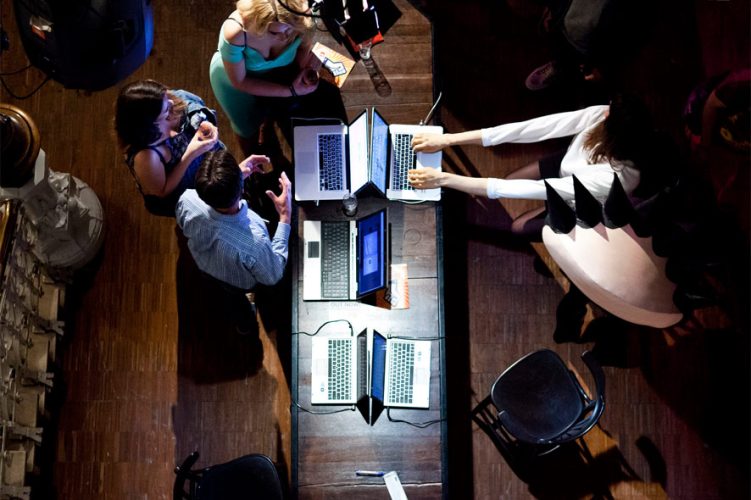
Networking, do it the right way
By the time we set up our own Facebook account—by then, at the very latest—many of us are very much aware of the advantages and disadvantages inherent in our digital coexistence. Marleen Stikker founded her first Digital City all the way back in 1994. Now she’s one of the five Prix Ars Electronica jurors who…
